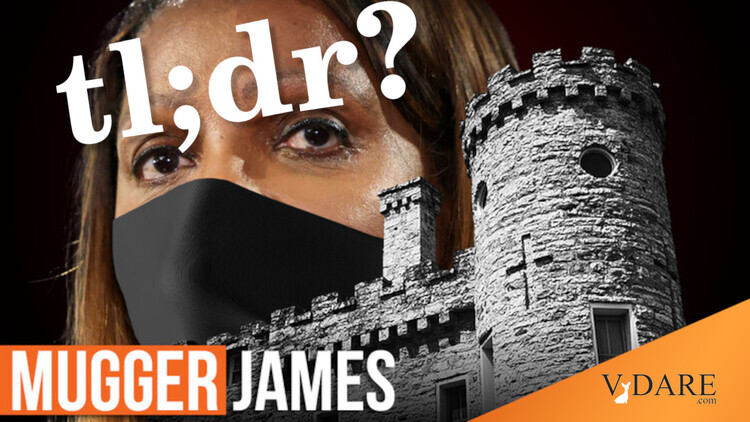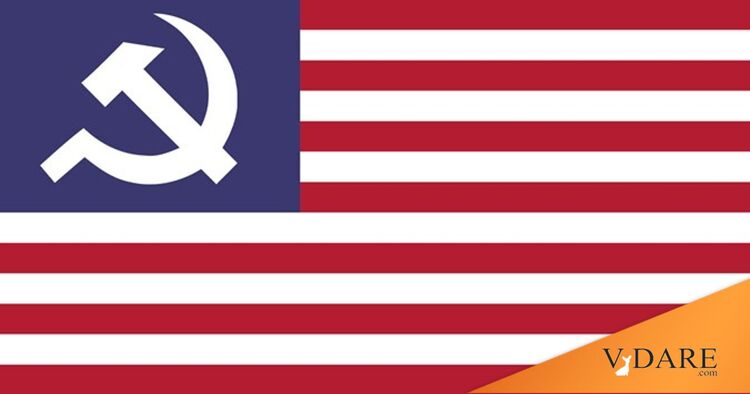From the New York Times:
When Communism Inspired Americans by Vivian GornickVivian Gornick is the author of the 1977 book The Romance of American Communism, which was part of the CPUSA Fad of the 1970s (The Way We Were, Lillian Hellman, etc.) up to Warren Beatty’s Reds in the early 1980s.
It’s interesting that the Times uses the hammer & sickle insignia, which meant so much cruelty to so many, to add pizzaz to a nostalgic pro-Communism op-ed. Does anybody out there have good reason to be, uh, triggered by this symbol?RED CENTURY APRIL 29, 2017
… My mother was in the audience that night and said, when she came home: “America was fortunate to have had the Communists here. They, more than most, prodded the country into becoming the democracy it always said it was.”
My parents were working-class socialists. I grew up in the late 1940s and early ’50s thinking of them and their friends as what they themselves called “progressives.”Whatever you do, don’t call them “far leftists” or “extremists.” They were merely Stalinists, not Farageists for heaven’s sake.
… When these people sat down to talk, Politics sat down with them, Ideas sat down with them; above all, History sat down with them. They spoke and thought within a context that lifted them out of the nameless, faceless obscurity into which they had been born, and gave them the conviction that they had rights as well as obligations. They were not simply the disinherited of the earth, they were proletarians with a founding myth of their own (the Russian Revolution) and a civilizing worldview (Marxism).You know, a few people here and there had noticed that before 1956.While it is true that thousands of people joined the Communist Party in those years because they were members of the hardscrabble working class (garment district Jews, West Virginia miners, California fruit pickers), it was even truer that many more thousands in the educated middle class (teachers, scientists, writers) joined because for them, too, the party was possessed of a moral authority that lent shape and substance, through its passion for structure and the eloquence of its rhetoric, to an urgent sense of social injustice. …
I was 20 years old in April 1956 when Nikita Khrushchev addressed the 20th Congress of the Soviet Communist Party and revealed to the world the incalculable horror of Stalin’s rule.
A big reason why some New York Communists finally allowed themselves to be shocked by Khrushchev’s Secret Speech against the late J. Stalin that appeared in the New York Times in June 1956 (which had been leaked via Israel to the CIA) was that the Soviet Union was then romancing Egypt by offering to pay for the Aswan Dam.
This finally disillusioned lots of New York Communists with the Soviet Union because Egypt was the enemy of Israel (later that year, Israel would conspire with Britain and France to invade Egypt and try to seize the Suez Canal), which meant that the Soviet Union was increasingly the enemy of Israel, which wasn’t what New York Communists had signed up for.











